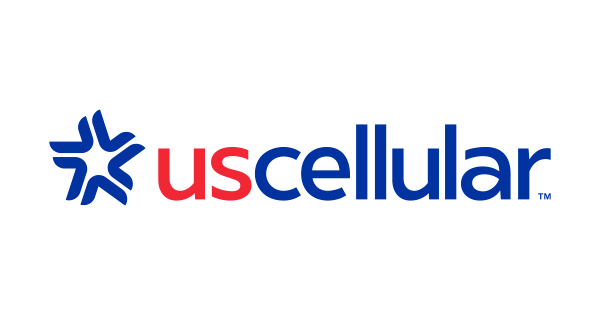
UScellular shares tech tips for National First Responders Day on Oct. 28
Most emergencies strike close to home, from severe storms to high snowfall and floods, and communities rely on many forms of preparation and response to get through them. Connectivity is one important part of that effort, helping families stay in touch, first responders coordinate and recovery move forward.
In honor of National First Responders Day, T-Mobile wanted to share a few simple steps to help Mainers be ready in the event of an emergency or natural disaster:
Save local emergency numbers and enable Wireless Emergency Alerts.
Conserve phone battery with low-power mode and limit non-essential use.
Turn on Wi-Fi Calling if Wi-Fi is available but mobile service is disrupted.
Prepare a Go Bag with essentials like chargers, radios, medications and a printed map.
Make a family plan with meeting points and emergency contacts.
We also have additional tips focused on staying alert and protected from scams related to natural disasters and emergencies. Unfortunately, bad actors often take advantage of people’s tragedy, vulnerability and empathy, exploiting the chaos during and after disasters to target both those in need and those eager to help.
Be careful with unsolicited messages: If you receive unexpected calls, texts or emails asking for money or personal information, do not respond or click on links. Instead, hang up, delete the message and contact the organization directly through an official website or phone number.
Approach door-to-door visits with caution: Always ask for official identification and verify credentials before allowing anyone inside your home. Legitimate FEMA inspectors and government workers will never demand cash, request sensitive financial information or pressure you into immediate payments.
Monitor accounts and freeze credit: Regularly check your bank accounts and statements for unauthorized transactions and activity and freeze your credit reports with all three credit bureaus to protect against identity theft.
Verify charities first: Research charities through trusted sources like Charity Navigator and donate directly to known organizations through their website.
Stay informed: Watch and read credible news sources to stay up to date about the latest scams and official disaster relief effort
Report scams and fraud: If you encounter suspicious activity — disaster-related or otherwise — file a complaint with the Federal Trade Commission and notify the National Center for Disaster Fraud.
Lastly, here’s some of what T-Mobile has done in communities across the country to help be prepared:
Strengthened the network with generators, batteries, new towers, and Ultra Capacity 5G.
Added resilience tools like AI-driven network automation, satellite-powered emergency messaging, and priority service for first responders.
Expanded our emergency fleet and drone program to provide coverage and support in hard-hit areas.